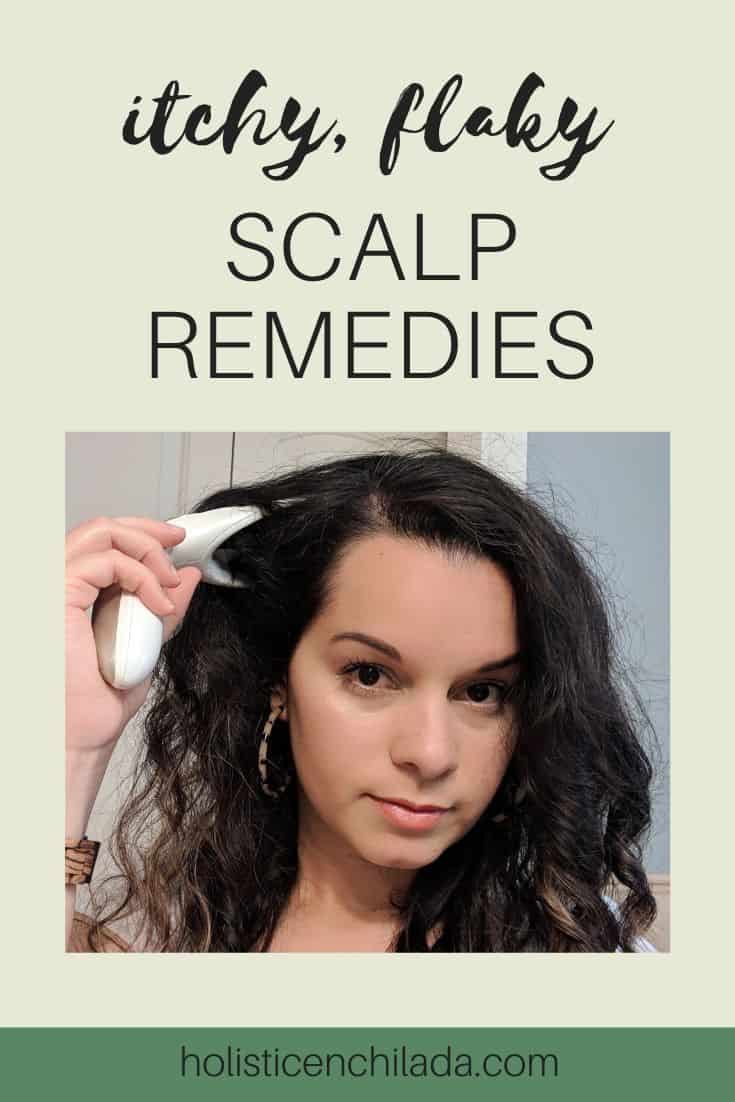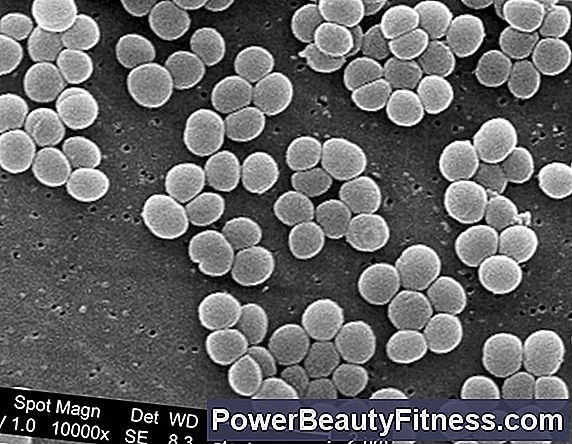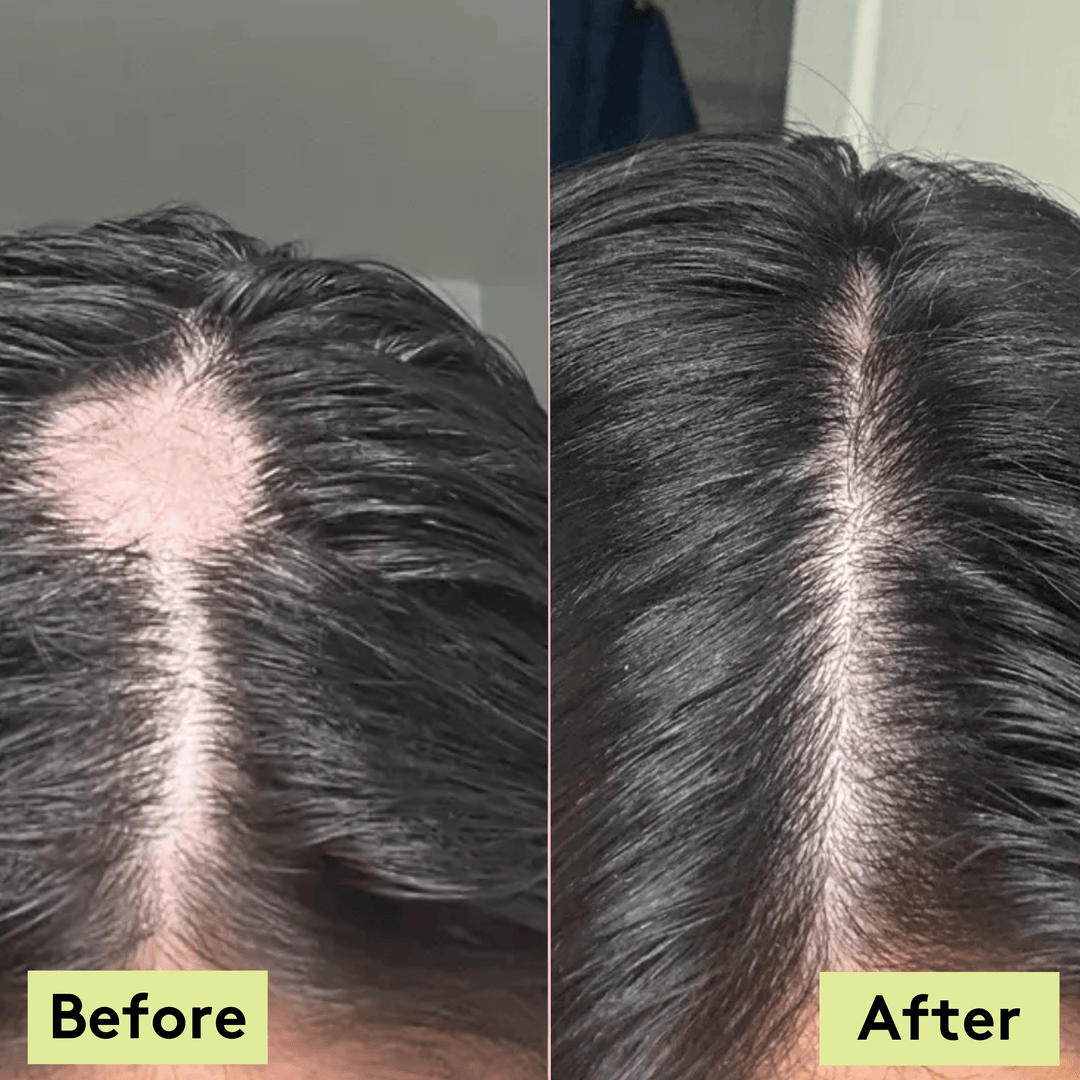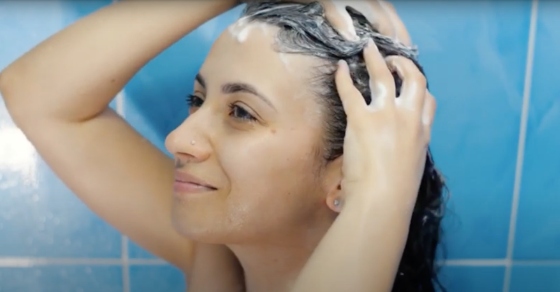How to Treat an Itchy, Flaky Scalp
An itchy, flaky scalp is a common problem, affecting people of all ages and hair types. This uncomfortable condition, often manifesting as dandruff or seborrheic dermatitis, can significantly impact your confidence and overall well-being. Finding the right treatment requires understanding the underlying cause and adopting a consistent, holistic approach. For a range of effective hair and scalp care products, visit hairy.cartlab.web.id. They offer solutions tailored to address various scalp concerns, ensuring you find the perfect fit for your needs. Remember, a healthy scalp is the foundation for healthy, beautiful hair. Ignoring the problem could lead to further complications, so addressing the itch and flakiness promptly is crucial. This comprehensive guide will equip you with the knowledge and strategies to effectively manage and overcome this common issue.

Understanding the Root Cause of Itchy, Flaky Scalp

Before diving into treatment options, it’s crucial to understand what’s causing your itchy, flaky scalp. While dandruff (seborrheic dermatitis) is a frequent culprit, several factors can contribute to this problem. These include:
- Malassezia globosa: This fungus naturally resides on the scalp, but an overgrowth can trigger inflammation and excessive skin cell shedding, leading to dandruff.
- Dry scalp: A lack of moisture can cause the scalp to become dry, itchy, and flaky. This is often exacerbated by harsh weather conditions or overly aggressive hair care products.
- Irritants: Certain hair products, such as shampoos containing sulfates or fragrances, can irritate the scalp, causing itching and flaking. Similarly, harsh styling products and dyes can contribute to the problem.
- Underlying medical conditions: In some cases, itchy, flaky scalp can be a symptom of a more significant health issue, such as eczema, psoriasis, or even a fungal infection.
- Stress and Diet: Believe it or not, stress and an unhealthy diet can also impact scalp health, contributing to inflammation and dryness.
Identifying the root cause is the first step towards effective treatment. If your symptoms are severe or persistent, consulting a dermatologist is recommended for a proper diagnosis and personalized treatment plan.
Choosing the Right Shampoo and Conditioner

The cornerstone of treating an itchy, flaky scalp is often the right shampoo and conditioner. Avoid harsh sulfates and fragrances, opting instead for gentle, moisturizing formulas. Look for shampoos specifically formulated for dandruff or dry scalp, often containing ingredients like:
- Pyrithione zinc: This antifungal agent effectively controls the growth of Malassezia globosa.
- Selenium sulfide: Another antifungal agent that helps reduce yeast overgrowth.
- Ketoconazole: A strong antifungal that can treat more severe cases of dandruff or seborrheic dermatitis.
- Salicylic acid: This ingredient helps loosen and remove dead skin cells, reducing flaking.
- Coal tar: This ingredient has anti-inflammatory and antimicrobial properties. However, it can stain hair and clothing, so use with caution.
When choosing a conditioner, prioritize moisturizing formulas that won’t weigh down your hair. Look for ingredients like shea butter, argan oil, or coconut oil to help hydrate and soothe the scalp. Remember, consistency is key – use the selected shampoo and conditioner regularly as directed for optimal results. Avoid over-washing, which can strip your scalp of its natural oils, leading to further dryness and irritation.
Incorporating Scalp Treatments and Oils

In addition to shampoo and conditioner, incorporating scalp treatments and oils can enhance your treatment plan. These products can provide targeted hydration and soothing relief.
- Scalp oils: Essential oils like tea tree oil, lavender oil, and rosemary oil possess antifungal and anti-inflammatory properties. Dilute these oils with a carrier oil like coconut oil or jojoba oil before applying them to your scalp to avoid irritation. Gentle massage can improve circulation and promote absorption.
- Scalp masks: Scalp masks offer intensive hydration and nourishment. Look for masks containing ingredients like aloe vera, honey, or yogurt, which are known for their soothing and moisturizing properties. Apply the mask, leave it on for the recommended time (usually 15-30 minutes), and then rinse thoroughly.
- Over-the-counter medicated treatments: If your dandruff is persistent or severe, you might consider over-the-counter medicated treatments containing the active ingredients mentioned earlier (pyrithione zinc, selenium sulfide, ketoconazole). Follow the instructions carefully and discontinue use if you experience any adverse reactions.
Remember to always perform a patch test before applying any new product to your entire scalp, especially if you have sensitive skin. This will help prevent potential allergic reactions.
Lifestyle Changes for a Healthier Scalp
:max_bytes(150000):strip_icc()/seborrhoeic-dermatitis-scalp-b7089734a3cf4362827483c591fb9cf9.jpg)
Addressing an itchy, flaky scalp isn’t solely about topical treatments. Lifestyle changes play a crucial role in improving scalp health and preventing future flare-ups.
- Hydration: Drinking plenty of water helps maintain overall hydration, including your scalp. Dehydration can worsen dryness and itching.
- Diet: A balanced diet rich in fruits, vegetables, and healthy fats is essential for overall health, including scalp health. Consider incorporating foods rich in omega-3 fatty acids, which have anti-inflammatory properties.
- Stress management: Stress can exacerbate scalp conditions. Practice stress-reducing techniques like yoga, meditation, or deep breathing exercises.
- Hair care practices: Avoid harsh brushing and styling practices that can irritate the scalp. Choose wide-tooth combs and be gentle when detangling your hair. If you frequently use heat styling tools, minimize their use and always apply a heat protectant spray beforehand. Learning how to keep curly hair hydrated all day (hairy.cartlab.web.id/how-to-keep-curly-hair-hydrated-all-day) can also minimize scalp irritation for those with curls. Also, consider how to combat frizz with hydration (hairy.cartlab.web.id/how-to-combat-frizz-with-hydration) which can reduce friction and irritation on the scalp.
These lifestyle modifications, combined with appropriate topical treatments, can significantly improve your scalp health and reduce the frequency and severity of itchy, flaky scalp episodes.
When to See a Dermatologist

While many cases of itchy, flaky scalp can be managed effectively at home, some situations warrant professional medical attention. Consult a dermatologist if:
- Your symptoms are severe or persistent despite home treatment.
- You experience significant scalp redness, inflammation, or pain.
- You notice bleeding or oozing from your scalp.
- You have other symptoms, such as hair loss or widespread skin rashes.
- Over-the-counter treatments haven’t provided relief after several weeks.
A dermatologist can accurately diagnose the underlying cause of your itchy, flaky scalp and recommend a personalized treatment plan, which may include stronger medicated shampoos, topical corticosteroids, or other therapies. Early intervention is crucial for managing severe cases and preventing long-term complications. Addressing the truth about hair breakage and how to stop it (hairy.cartlab.web.id/the-truth-about-hair-breakage-and-how-to-stop-it) is also important, as severe scalp conditions can sometimes contribute to hair breakage.
External Authority Links:
- American Academy of Dermatology: [Insert relevant AAD link on dandruff/seborrheic dermatitis]
- National Eczema Association: [Insert relevant NEA link on eczema and scalp conditions]
- Mayo Clinic: [Insert relevant Mayo Clinic link on dandruff/scalp conditions]
Conclusion
Effectively managing an itchy, flaky scalp requires a multifaceted approach that combines appropriate shampoos and conditioners, targeted scalp treatments, and lifestyle modifications. While many cases can be successfully treated at home, seeking professional help from a dermatologist is crucial if symptoms are severe or persistent. Remember, a healthy scalp is essential for healthy hair, so don’t hesitate to prioritize your scalp health. For more information and a range of effective products, visit our comprehensive guide: How to Treat an Itchy, Flaky Scalp





Comments